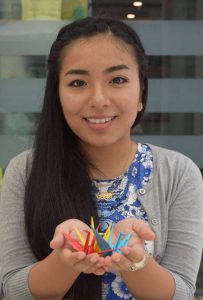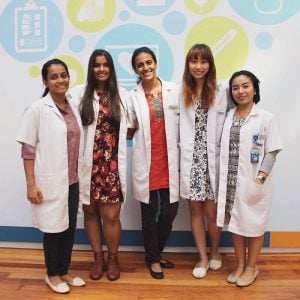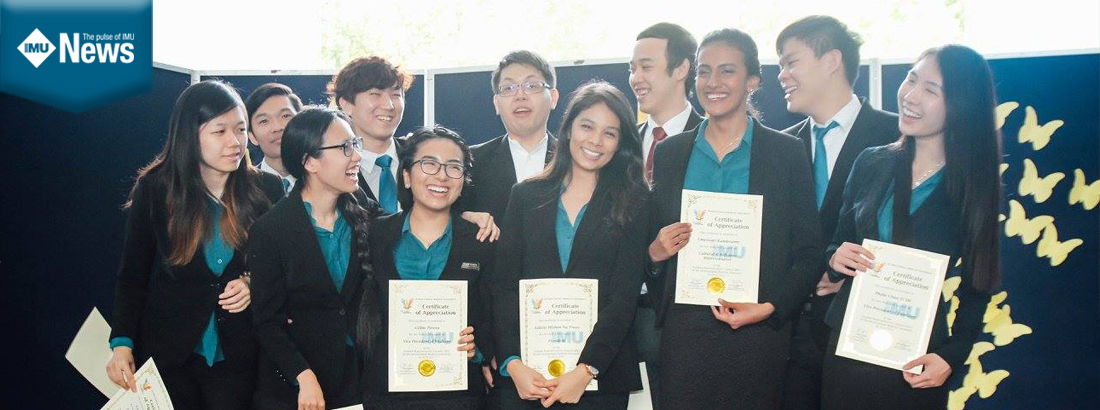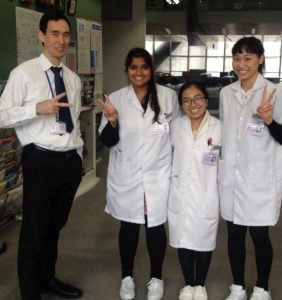[fusion_builder_container hundred_percent=”no” equal_height_columns=”no” menu_anchor=”” hide_on_mobile=”small-visibility,medium-visibility,large-visibility” class=”” id=”” background_color=”” background_image=”” background_position=”center center” background_repeat=”no-repeat” fade=”no” background_parallax=”none” parallax_speed=”0.3″ video_mp4=”” video_webm=”” video_ogv=”” video_url=”” video_aspect_ratio=”16:9″ video_loop=”yes” video_mute=”yes” overlay_color=”” overlay_opacity=”0.5″ video_preview_image=”” border_size=”” border_color=”” border_style=”solid” padding_top=”” padding_bottom=”” padding_left=”” padding_right=””][fusion_builder_row][fusion_builder_column type=”1_1″ layout=”1_1″ background_position=”left top” background_color=”” border_size=”” border_color=”” border_style=”solid” border_position=”all” spacing=”yes” background_image=”” background_repeat=”no-repeat” padding=”” margin_top=”0px” margin_bottom=”0px” class=”” id=”” animation_type=”” animation_speed=”0.3″ animation_direction=”left” hide_on_mobile=”small-visibility,medium-visibility,large-visibility” center_content=”no” last=”no” min_height=”” hover_type=”none” link=””][fusion_text]
agility /əˈdʒɪlɪti/
noun noun: agility 1. ability to move quickly and easily. 2. ability to think and understand quickly.
PART 2 of 3 One of Celine’s greatest achievements during her time at IMU was being elected as the Vice President of Medicine (now known as the VP of Medical Sciences), in the Student Representative Council (SRC). It was one of the most challenging times in her medical school journey, where she had to compete with two other accomplished candidates for the same position. From submitting the application to establishing an extensive campaign (where she had made over 500 origami cranes to distribute throughout the campus) and making a speech in front of the entire faculty, was a demanding and rigorous process throughout. It was something she was passionate about and a testament to the phrase, “Hard work pays off.” Being elected to the SRC had opened a door to a world of opportunities that Celine had never dreamt of. Her position in the SRC meant that she represented the collective voice of over 500 medical students and acted as a bridge for communication between the student body and the faculty. It taught her to really listen to the struggles of her fellow peers and be attentive to their needs. She would then express these concerns to the faculty and work with the rest of the SRC team to address them in the best way possible. It was during her time in the SRC where they were able to revise the way end of semester assessments was run, in order to help students who struggled with not being able to perform their best in major examinations. They were able to do this by introducing continuous-assessments that would take place at the end of each module within a semester, which would then contribute to the overall score and set students up for success when it came to the final end of semester examination. 


Had it not been for the SRC, Celine would also have never had the chance to go to Vietnam as one of two elected representatives from IMU at the 7th University Scholars Leadership Symposium in 2016. This exclusively youth-led international conference was a truly enlightening experience where a spectrum of global issues was brought to light and discussed amongst over 1000 young minds from all across the world. It was one that had inspired many to extend a hand in leadership to work towards a future that was sustainable and viable.
As part of her elective placement at IMU, in December of 2013, Celine spent three weeks in Tokyo, Japan at Juntendo University Hospital. She spent her elective in the departments of Plastic and Reconstructive Surgery, Obstetrics & Gynaecology and Paediatric General and Urogenital Surgery. She had the opportunity to sit in and observe outpatient clinics, which included a variety of cases such as skin cancer patients with lesions on the face that would be difficult to operate on, post-mastectomy breast cancer patients, women in various stages of their pregnancy, and children of all ages with a variety of conditions such as cryptorchidism and intussusception. It was during her second week in Obstetrics & Gynaecology where she saw a newborn being delivered for the first time. She also had the chance to attend theatres, where she observed breast reconstructive surgery for breast cancer survivors.
During her final week in Pediatric surgery, she saw a whole range of operations from more common conditions such as hypospadias and inguinal hernias, to a rarer congenital condition known as Pulmonary Sequestration. This occurred in a young girl that was about 5 years old, who was born with an external piece of lung tissue close to her heart – also known as an accessory lung. This surgery not only involved a pediatric surgeon but cardiothoracic as well. She specifically chose to do her elective in Japan because she was able to speak Japanese (thanks to her Japanese mother) and wanted to learn about the differences in the healthcare system between Malaysia and Japan. She was grateful to have shared this experience with two of her best friends from IMU. When they weren’t in the hospital, they spent their time traveling to different parts of Tokyo – including Tokyo DisneySea and Harajuku!  One thing that Celine noticed as a significant difference between Japan, Malaysia, and now the United Kingdom, was the attitude doctors had towards their patients. Before any surgery or procedure, they would use the term, onegaishimasu. There isn’t a direct translation of this word, but essentially is a phrase that’s to say, “Let’s acknowledge each other and help each other out, for the greater good.” – or in this context, for the greater good of the patient. After completing her first two and a half years in IMU Celine transferred to Queens University Belfast (QUB) in Northern Ireland, UK. She was joined with eight other IMU students, which made the transition much easier and enjoyable. They underwent a two-week bridging course to help integrate themselves into the QUB curriculum and the Northern Irish culture. This included an introductory lesson on Northern Irish slang, where they learned every-day colloquial phrases such as, “What’s the craic?” (a common greeting along the lines of “what’s up?”) and “dead on” (which essentially means, “fine, no problem!”). To find out Celine’s biggest tip as a doctor or in life can be found in part three of this article. We will also get a glimpse of her journey as a doctor in Belfast and learn about her future aspirations. PART 1: Medical Student Experienced Unique Culture while Gaining Valuable Skills at IMU PART 3: IMU Medical Alumna Works in a Small District Hospital in Southwest of England [/fusion_text][/fusion_builder_column][/fusion_builder_row][/fusion_builder_container]
One thing that Celine noticed as a significant difference between Japan, Malaysia, and now the United Kingdom, was the attitude doctors had towards their patients. Before any surgery or procedure, they would use the term, onegaishimasu. There isn’t a direct translation of this word, but essentially is a phrase that’s to say, “Let’s acknowledge each other and help each other out, for the greater good.” – or in this context, for the greater good of the patient. After completing her first two and a half years in IMU Celine transferred to Queens University Belfast (QUB) in Northern Ireland, UK. She was joined with eight other IMU students, which made the transition much easier and enjoyable. They underwent a two-week bridging course to help integrate themselves into the QUB curriculum and the Northern Irish culture. This included an introductory lesson on Northern Irish slang, where they learned every-day colloquial phrases such as, “What’s the craic?” (a common greeting along the lines of “what’s up?”) and “dead on” (which essentially means, “fine, no problem!”). To find out Celine’s biggest tip as a doctor or in life can be found in part three of this article. We will also get a glimpse of her journey as a doctor in Belfast and learn about her future aspirations. PART 1: Medical Student Experienced Unique Culture while Gaining Valuable Skills at IMU PART 3: IMU Medical Alumna Works in a Small District Hospital in Southwest of England [/fusion_text][/fusion_builder_column][/fusion_builder_row][/fusion_builder_container]


